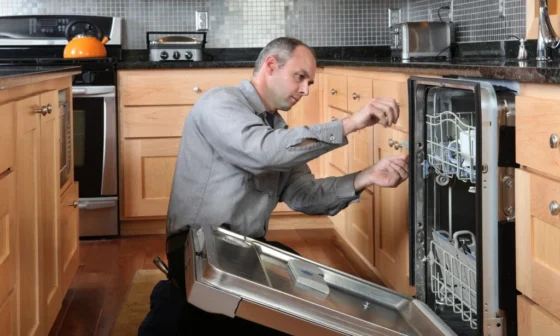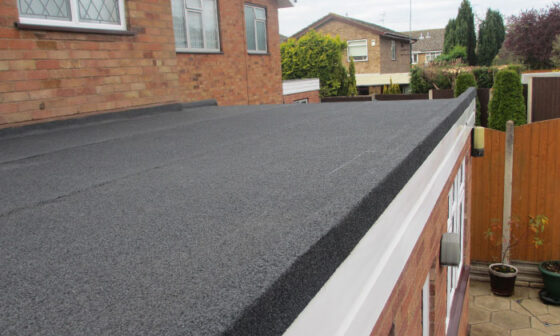Slugs can be quite the nuisance when they find their way into our homes. These slimy creatures can leave trails of mucus and cause damage to plants, carpets, and furniture.
If you’re wondering how to get rid of slugs in the house, you’ve come to the right place.
How to Get Rid of Slugs in the House?
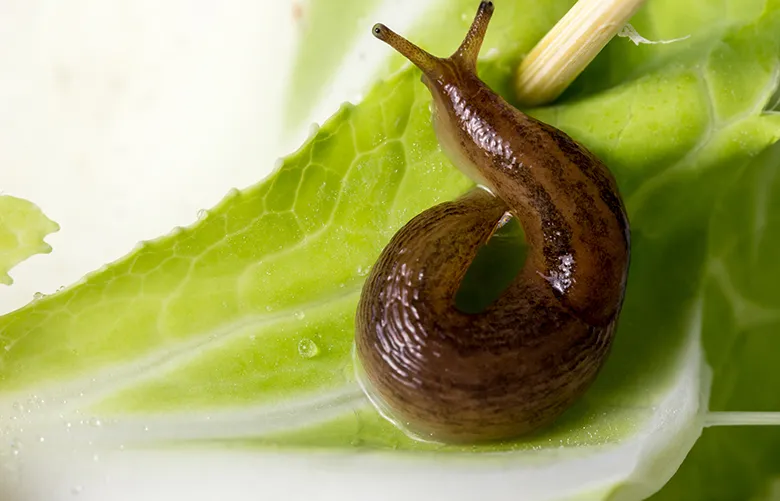
Dealing with slugs in the house can be challenging, but with the right methods, you can successfully eliminate them.
Let’s dive into some of the most effective techniques and tips for getting rid of slugs in your home.
1. Identify the Entry Points
Before tackling the slug problem head-on, it’s important to identify the entry points through which these pests are infiltrating your home.
Check for gaps around doors, windows, and utility pipes. Seal these openings to prevent further slugs from entering your house.
2. Create a Barrier with Salt
Salt is a natural deterrent for slugs due to its dehydrating properties. Sprinkle a line of salt along doorways, windowsills, and any other potential entry points.
This will create a barrier that slugs will avoid crossing, keeping them out of your living space.
3. Install Door and Window Screens
Installing screens on doors and windows is an effective way to prevent slugs from entering your home.
Choose screens with a fine mesh that can keep out even the tiniest slugs. This method allows for proper ventilation while keeping unwanted pests at bay.
4. Use Copper Tape

Copper tape is an excellent slug repellent. These slimy creatures are repelled by the electric charge that is generated when they come into contact with copper.
Attach copper tape to the bottom of door frames, window sills, and pots to create a slug-proof barrier.
5. Utilize Beer Traps
Beer traps are a popular and effective method for dealing with slugs. Simply bury a container, such as a shallow dish or jar, in the ground near slug-infested areas.
Fill it with beer, which acts as a lure for slugs. They will be attracted to the scent, crawl into the container, and drown.
6. Encourage Natural Predators
Nature has its own way of balancing populations. Encouraging natural slug predators, such as frogs, toads, and birds, can help control the slug population in your surroundings.
Create a welcoming environment for these beneficial creatures by adding a small pond, bird feeders, and sheltered areas in your garden.
7. Remove Moisture Sources
Slugs thrive in damp environments. By removing moisture sources, you can make your home less attractive to these pests.
Fix any leaking pipes or faucets, ensure proper drainage in your yard, and use a dehumidifier if necessary to keep the humidity levels in your home under control.
8. Keep Your House Clean
Maintaining a clean and clutter-free home is crucial in preventing slug infestations. Regularly vacuum and dust your living areas to remove any slug trails or eggs.
Pay special attention to dark and moist areas where slugs may hide, such as under furniture and in corners.
9. Use Diatomaceous Earth
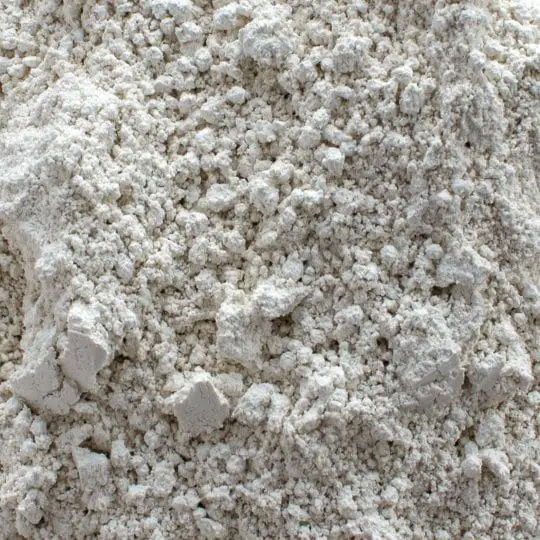
Diatomaceous earth is a natural powder made from fossilized remains of tiny aquatic organisms called diatoms.
It is effective in repelling and killing slugs. Sprinkle diatomaceous earth around areas where slugs are commonly found, such as garden beds, doorways, and baseboards.
10. Use Slug Traps
Slug traps are a simple yet effective way to catch and remove slugs from your house. Place a shallow container filled with a mixture of water and a few drops of dish soap in areas where slugs are prevalent.
The soap will break the surface tension of the water, causing slugs to drown when they crawl in.
11. Vinegar Spray
Vinegar is a readily available household ingredient that can deter slugs. Fill a spray bottle with a solution of equal parts vinegar and water, and spray it in areas where slugs are frequently spotted.
The strong odor of vinegar will repel slugs, keeping them away from your house.
12. Nematodes for Biological Control
Nematodes are microscopic worms that are beneficial for controlling slug populations. These worms are harmless to humans and plants but actively seek out and attack slugs.
You can purchase nematodes from garden centers and release them in slug-infested areas to naturally reduce their numbers.
13. Coffee Grounds Barrier
Coffee grounds not only repel slugs but also provide a nutrient-rich mulch for your garden. Spread used coffee grounds around the perimeter of your house or areas where slugs are likely to enter.
The rough texture and strong scent of coffee grounds act as a natural barrier against slugs.
14. Essential Oil Repellents
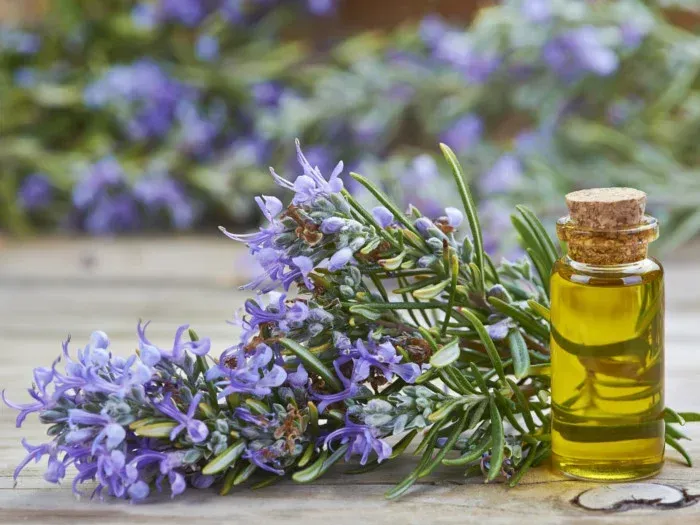
Certain essential oils have strong scents that repel slugs. Peppermint, eucalyptus, and rosemary oil are known to be effective in keeping slugs away.
Dilute a few drops of your preferred essential oil in water and spray it around potential entry points or areas where slugs are present.
15. Apply Saltwater Solution
Saltwater can be used as a natural deterrent for slugs. Mix a solution of salt and warm water, and spray it directly on slugs to kill them.
However, exercise caution when using this method, as saltwater can also harm plants and should be used sparingly.
16. Use Slug-Resistant Plants
Planting slug-resistant plants in your garden can help deter slugs from entering your house in the first place.
Choose plants that have tougher leaves, such as ferns, geraniums, and lavender. Slugs are less likely to feed on these plants, reducing the chance of them finding their way indoors.
17. Reduce Outdoor Lighting
Outdoor lighting can attract slugs and other pests. By reducing the amount of artificial light in your garden, you can make it less appealing to slugs.
Use motion-sensor lights or opt for low-intensity lighting to minimize the attraction for slugs.
18. Copper Mesh for Plant Protection
If slugs are specifically targeting your potted plants, consider using copper mesh to protect them.
Wrap a band of copper mesh around the base of the pots or create a barrier around vulnerable plants. Slugs are deterred by the electric charge generated by the copper, preventing them from reaching your plants.
19. Physical Barriers for Raised Beds
Raised beds provide an effective way to protect your plants from slugs. Construct barriers around your raised beds using materials such as copper tape, fine mesh, or rough-textured materials like gravel.
These barriers make it difficult for slugs to climb into the beds and reach your plants.
20. Use Organic Slug Baits
If you prefer using baits, opt for organic slug baits that are safe for pets, children, and the environment.
Look for products containing iron phosphate, which is effective in killing slugs but poses no threat to other organisms.
Scatter the bait around slug-infested areas and follow the manufacturer’s instructions for best results.
21. Keep Your Garden Tidy
A tidy garden is less inviting to slugs. Remove debris, fallen leaves, and plant debris regularly to eliminate hiding places for slugs.
Additionally, keep your garden beds well-weeded to reduce slug habitats and make it less favorable for them to thrive.
22. Maintain Proper Drainage
Slugs are attracted to damp and moist environments. Ensuring proper drainage in your garden can discourage slugs from taking up residence.
Avoid overwatering and improve soil drainage by incorporating organic matter or creating raised beds.
23. Seek Professional Pest Control Assistance
If you’ve tried various methods and still find yourself struggling with a severe slug infestation, it may be time to seek professional pest control assistance.
Pest control experts have the knowledge and resources to effectively eradicate slugs from your house and provide long-term solutions to prevent future infestations.

